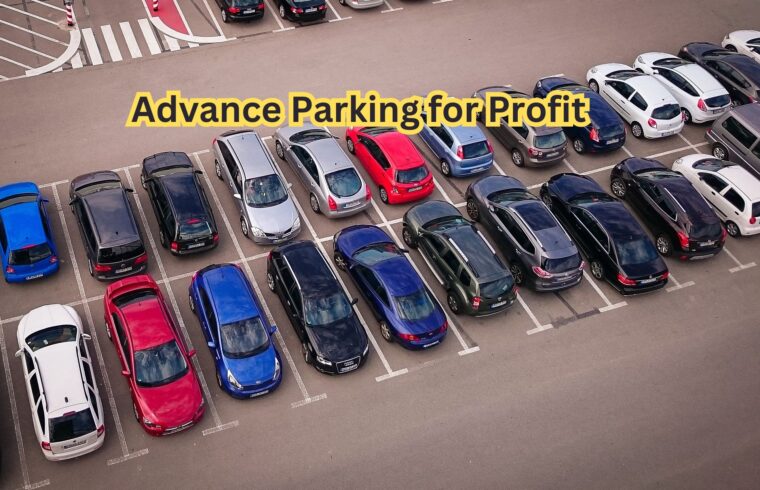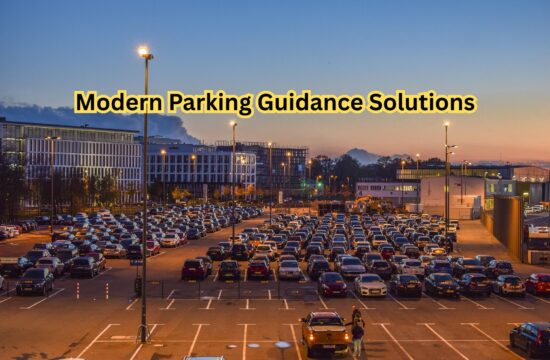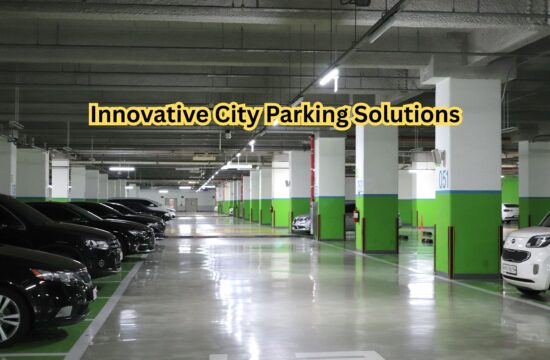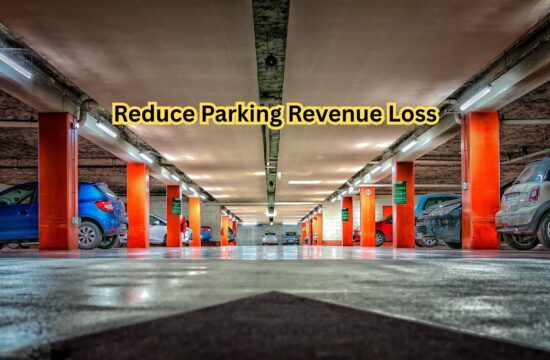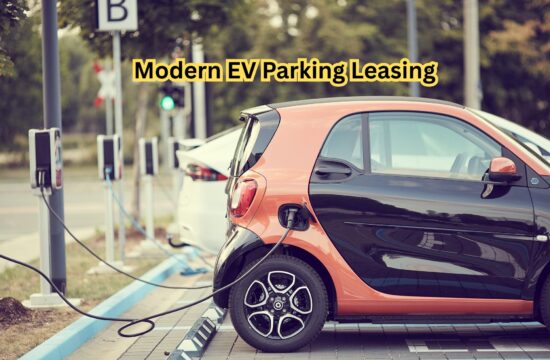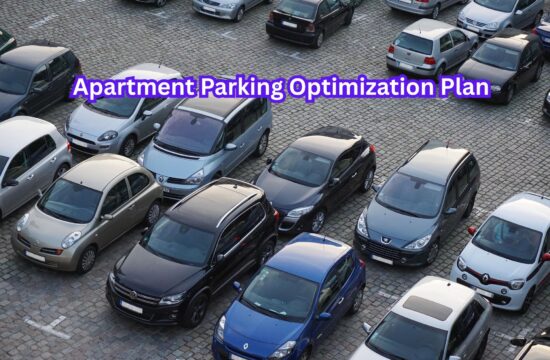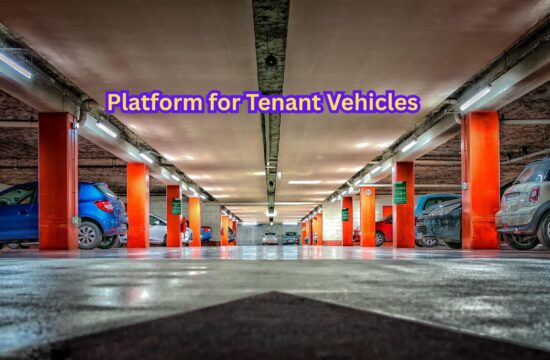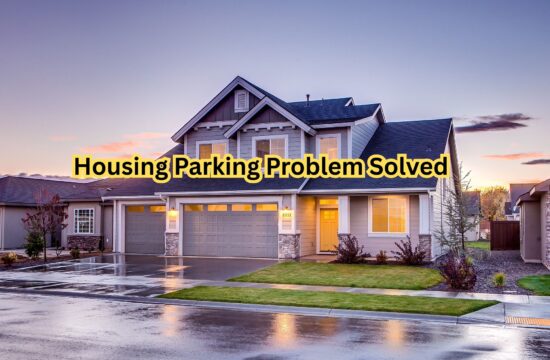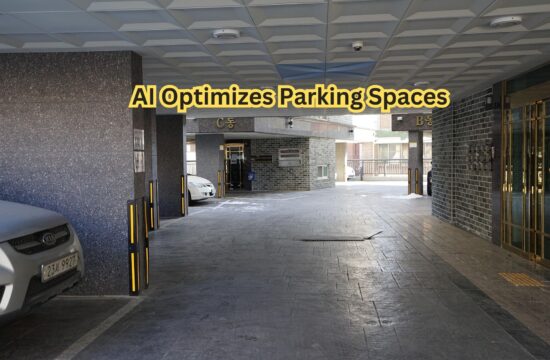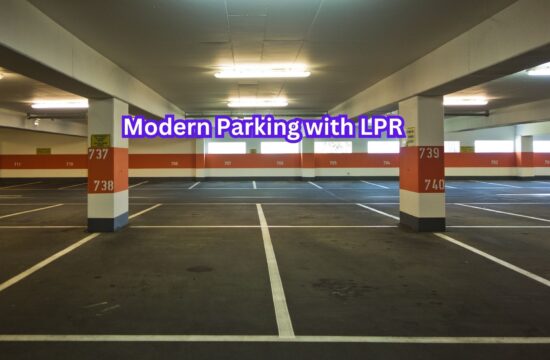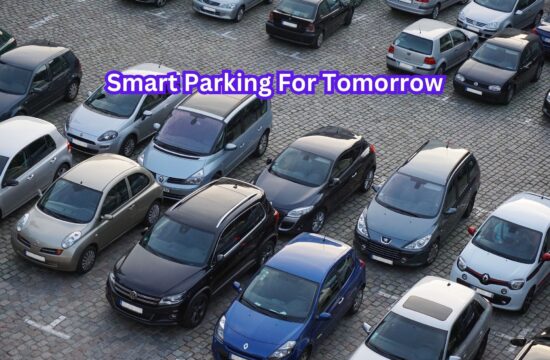The book Advance Parking for Profit looks at how companies might use cutting-edge parking technologies to increase sales. From intelligent sensors and data analytics to dynamic pricing and automated payment systems, Advance Parking for Profit explores creative solutions that maximize space utilization, lower operating costs, and improve the general consumer experience. By integrating these innovative technologies, Advance Parking for Profit demonstrates how businesses can stay ahead in the competitive landscape while enhancing customer satisfaction.
Smart Parking Technology
The utilization of smart parking technology, such as license plate recognition, mobile payment systems, and sensors, is a central element in Advance Parking for Profit. These devices maximize space use, providing drivers with effective guidance and cutting down on search time. By doing this, parking operators can maximize vehicle capacity and enhance the customer experience while earning more money.
Dynamic Pricing for Maximized Revenue
Dynamic pricing, in which parking prices change in response to demand, is another tactic in Advance Parking for Profit. Operators charge higher fees during peak hours and provide discounts during off-peak hours, similar to airline operations. Especially during important events when parking near venues requires premium cost, this technique balances demand, reduces overcrowding, and enhances profitability.
Automation and Convenience
Consumer happiness in today’s fast-paced society heavily depends on convenience. Advance Parking for Profit emphasizes how automated payment systems make parking easier for both customers and operators. Customer convenience is increased by mobile apps, contactless payments, and kiosks that speed up transactions and eliminate manual labor. Positive feedback, more sales, and repeat business are all facilitated by this.
Data Analytics for Smarter Decisions
A fundamental component of Parking for Profit is data analytics. Operators can get information on occupancy patterns, peak use, and client behavior through smart systems. Making educated judgments about marketing, pricing, and space allocation is made possible by this data. Underutilized spaces, for instance, may lead to modified pricing or promotions, which would maximize resource utilization and boost earnings.
Reducing Operational Costs
In addition to increasing revenue, contemporary parking solutions also assist in lowering operating expenses. Advance Parking for Profit demonstrates how labor costs can be significantly reduced by eliminating the need for big workforces using automation, real-time monitoring, and smart sensors. Predictive maintenance systems can also notify operators when equipment requires servicing, which lowers repair costs and downtime. Businesses may increase profit margins and provide a flawless parking experience by optimizing procedures.

